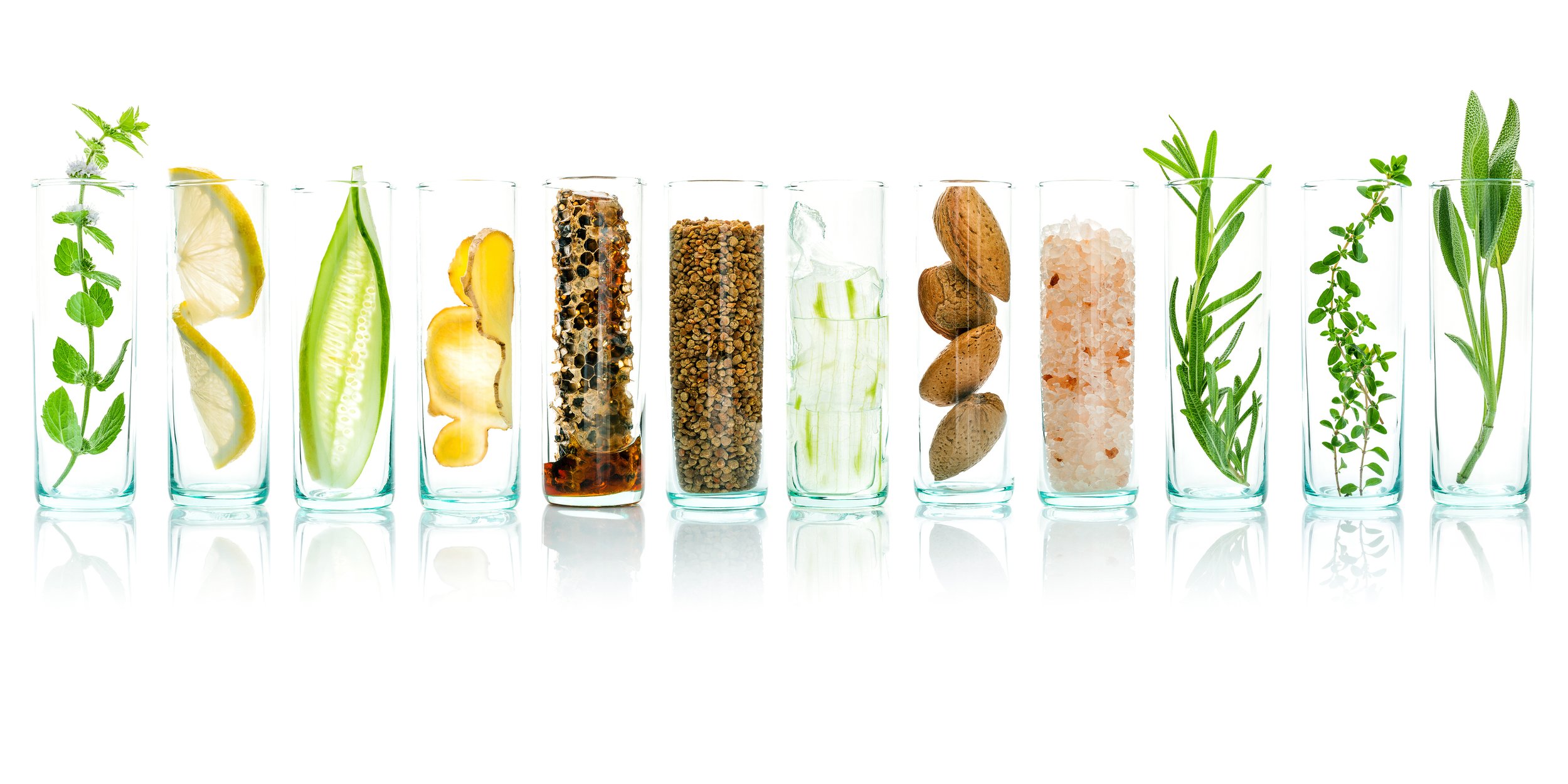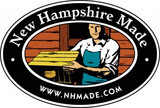We chose tallow for our soaps and balms because it is a natural, sustainable, and nutrient-dense base for skincare. In our earlier blogs, we discuss why tallow is a sustainable and natural choice, and today we want to hone in on the nutrient-dense properties of tallow. Tallow is packed with vitamins and nutrients such as vitamins A, D, E, and K. All of these vitamins have different properties beneficial to your skin. We wanted to highlight each one to showcase the fantastic benefits of tallow soap for your skin.
Vitamin A: A powerhouse for your skin and a soft and soothing vitamin, vitamin A is an excellent addition to any skincare product. Vitamin A already exists in our bodies, and we typically get a regular supply of it through food like eggs, cheese, oily fish, or milk. While getting a healthy source of vitamin A through your food is essential, adding vitamin A to your skincare can be equally beneficial. When used topically, your skin can directly absorb vitamin A to retain the benefits.
Vitamin A is commonly known to smooth wrinkles, lighten sunspots, calm acne, balance oil, and more. When vitamin A is used on the skin, it promotes the production of collagen, which helps smooth fine lines and wrinkles. Vitamin A also supports the healthy function of your sebaceous glands. It helps your sebaceous glands and skin operate at their optimal capacity when used correctly. This is also why it is great for reducing acne. With quick cell turnover and optimal skin conditions, vitamin A helps prevent acne. Finally, as a known antioxidant, vitamin A can help protect your skin against pollution and sun damage. You see similar properties in other antioxidants like vitamin C and A.
Vitamin D: Vitamin D is common in tallow, and it exists in our bodies naturally. We typically get vitamin D from sunlight and in our diet through foods like red meat, fish, and eggs. People often have common vitamin D deficiencies, especially in the winter months when there is less natural sunlight. As a topical skincare product, vitamin D has been known to restore vibrancy in the skin due to its many benefits.
It may or may not surprise you to know that vitamin D is an antioxidant. Therefore, it can help stop damage to your skin created by free radicals. Vitamin D has also been shown to have antimicrobial properties, which help improve your skin’s natural defenses, help repair cells, and rebuild your skin’s barrier. This allows your skin to retain moisture and prevent damage from the environment. Vitamin D is also a known anti-inflammatory that has been used to treat skin conditions such as psoriasis. Think of vitamin D as a great protector for your skin, making it stronger for longer.
Vitamin E: Vitamin E is another common vitamin in tallow and many skincare regimens. As a very commonly known antioxidant, vitamin E is known for promoting skin rejuvenation through protection against free radicals. Free radicals like pollution, chemicals, and others have been shown to cause wrinkles and damage our skin. Vitamin E is also prevalent in tallow and has been shown to prevent collagen breakdown. Sun exposure tends to deplete our body’s antioxidants. Using skincare products with these antioxidants can help replenish what the body loses. Antioxidant skincare acts as the first line of defense from things like sunlight and pollution.
Like many of the other vitamins on this list, Vitamin E is fat-soluble and can easily penetrate the layers of your dermis to deeply protect and repair your skin. Vitamin E is also extremely moisturizing as a fat-soluble and will help your skin retain the moisture it needs to look and feel its best.
Vitamin K: Vitamin K is another fat-soluble vitamin; however, this one is much less common than the others we’ve mentioned. Even though it is less common, vitamin K is still a great addition to your skincare routine. In fact, vitamin K is known as an antioxidant and anti-inflammatory. It will help protect your skin and keep it looking its best. Vitamin K is also ideal for soothing skin ailments because it helps speed up the recovery time of certain skin injuries, such as cracks in the skin.
These vitamins work together to repair, protect, and soothe your skin. When used regularly as a soap or balm, you will see how these vitamins work to make your skin look and feel better for longer. You can also use products paired with other ingredients like essential oils for added benefits. We can’t always control our health or our skin’s reactions to the elements; however, we can use products that help make our skin stronger and more protected when the time comes.






